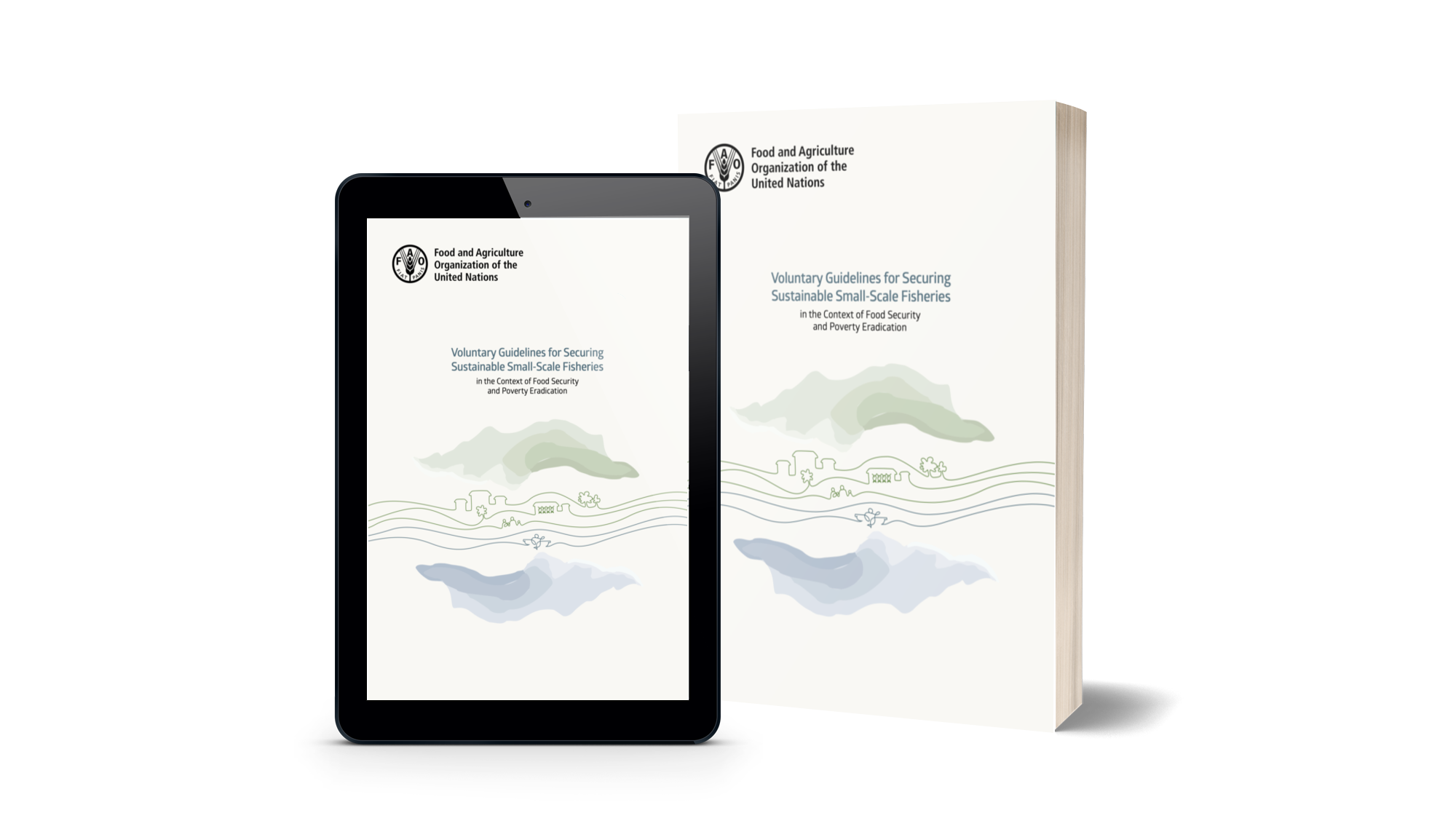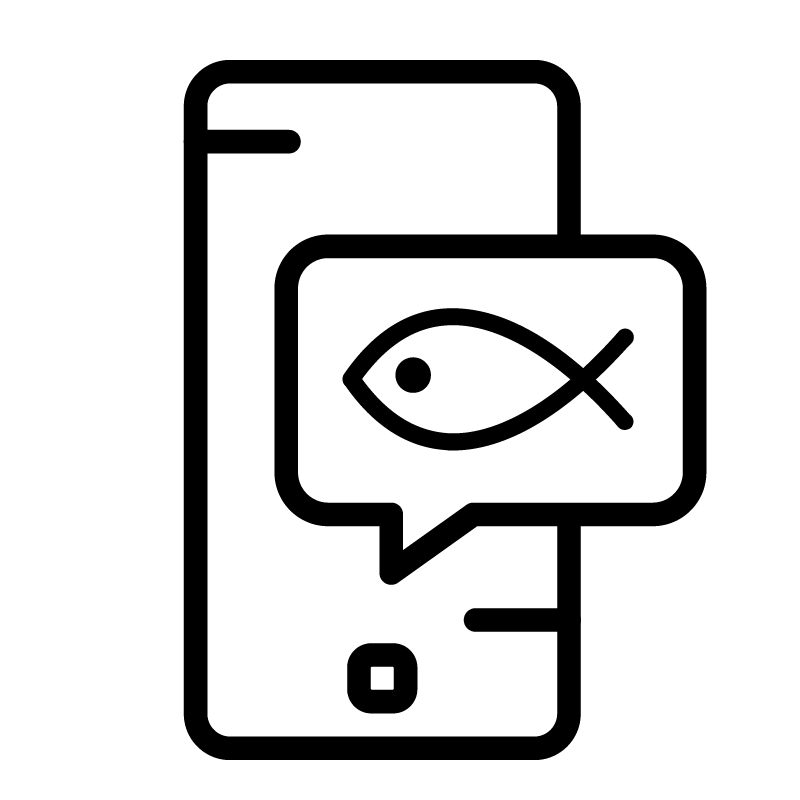The Republic of the Philippines
In the Philippines, an archipelagic country that comprises more than 7,100 islands, small-scale fisheries often vary from one place to another. However, a common trait is their critical importance as providers of food security and nutrition for many across the country. Small-scale fisheries and those involved in them face many challenges that threaten their sustainability. These challenges include the unsustainable management of aquatic resources in many areas, post-harvest losses, and high exposure and vulnerability to extreme hydrometeorological events.
FAO supports activities related to the small-scale fisheries subsector. Under the “Implementing the Small-Scale Fisheries Guidelines for Gender-Equitable and Climate-Resilient Food Systems and Livelihoods – Phase 2” project, Sub-programme of the FAO Flexible Voluntary Contributions fund (FVC), FAO builds on previous projects and focuses on providing training and capacity building on improved post-harvest and related business practices, based on previous needs assessments, with a focus on women fish processors but also including other SSF actors, government (extension) officials, and relevant stakeholders.
Another important activity is the development and implementation of a National Plan of Action for Small-Scale Fisheries in the country. FAO works closely with the Bureau of Fisheries and Aquatic Resources (BFAR) and relevant stakeholders by supporting the organization of stakeholders’ meetings, the establishment of a national task team for NPOA-SSF, and the production and dissemination of knowledge and information.
During the first phase of the project, efforts concentrated on reducing post-harvest losses and improving the quality of fish products by, for instance, supporting small-scale fisheries organizations to procure cold storage facilities, accompanied by related training and capacity development on their use and management. Additionally, phase one supported discussions with relevant stakeholders on opportunities for social protection schemes that truly address the needs of small-scale fishers, fishworkers, and their communities. This was followed by the development and piloting of appropriate social protection arrangements in four small-scale fishing communities.
In parallel to phase one of FVC-funded project, work was developed under the “Creating an Enabling Environment for Securing Sustainable Small-Scale Fisheries” project, which focused on three major assessments: (1) a Training Needs Assessment (TNA); (2) a Food Security and Nutrition (FSN) Assessment; and (3) an Access to Social Protection Assessment. Apart from assistance to address identified gaps in skills and capacities, the project also provided support to Local Government Units (LGUs) to update their Integrated Coastal Management Plans.
Some of the needs identified during the TNA were: updating Integrated Coastal Management Plans, including Fisheries Management Plans; organizational development and leadership for small-scale fisheries organizations; financial literacy and entrepreneurship for small-scale fisheries organizations; and adaptation to climate change and participatory disaster risk management.
Related publications
Related news

Virtual inception meeting on new project 'Implementing the Small-Scale Fisheries Guidelines for gender-equitable and climate-resilient food systems and livelihoods - Phase 2”
15/05/2024
A virtual inception meeting was held to bring together key project stakeholders and FAO colleagues from headquarters, regional and country offices to introduce and discuss the activities that will be developed during the new FAO project 'Implementing the Small-Scale Fisheries Guide...

New videos available to boost training on improved post-harvest small-scale fisheries practices
19/12/2023
Written by: Patrick Kimani, Ansen Ward and Manoela Militão de Siqueira
A series of training videos have been created to promote peer-to-peer learning on improved post-harvest practices. Post-harvest practices refer to activities such as handling, process...









